HEART OF GOLD PRODUCTION REPORT ONE
I arrived in Ghana on the 4th January and have been here now for about 10 days. It has been a hectic 10 days and I have hardly had time to sit down and reflect, let alone enjoy the country in a leisurely manner.
Doris Kuwornu, my producer in Ghana, had been hard at work and set up a string of initial meetings for me the very day after my arrival. One very important meeting was with the Okyenhene’s Chief of staff, Nana Yentumi Boaman. The Okyenhene is the overall chief of the Akim Abuakwa region of Ghana, where I am conducting most of my research. The importance of getting chief’s behind any project cannot be over-estimated. Even though Ghana is a republic, with all lawmaking in the hands of an elected president and parliament, the government needs still to cooperate with traditional chiefs at all levels in order to govern.
Nana Boaman was able to provide me with letters of introduction and requests for assistance to a number of chiefs in the region that have allowed me excellent access and assistance. I have intervierwed many chiefs about gold and their relationship to gold, both meterially and in terms of their traditional beliefs. This has proved very interesting and I think I have been able to get a very good picture of the different types of relationships to gold, the kind of stories and beliefs that exist around gold, as well as a good understanding of the exploitation of gold as a commodity.
There are, of course, huge issues concerning the gold deposits of Ghana, their exploitation, the poverty that still exist in gold regions, as well as the legacy of decades of exploitation. To this end I have interviewed a particular activist in this area, Dr Yao Graham, who has given me excellent insight into the many displacement issues around mining in general, and gold in particular. I have also interviewed the ethno-musicologist, Dr Dartey Kumordzi, whose insight into the religious and spiritual world of Ghanaians, and its connection to gold, is nothing short of enlightening.
My travels have taken me along the Brim river, which seems to be at the heart of the Akim Abuakwa region, in that this river seems to pass every significant town that I am covering. There is a Brim river-godess at the heart of many of the stories about gold and many of those I have spoken to and interviewed in the region talk extensively about this. Even the young men who semi-officially dig for gold on their own initiative, often under very dangerous conditions, talk about the river godess and the necessity of performing certain rites before starting to search for gold.
In connection with this river godess, I have just come back from visiting the fettish priestess who conducts ceremonies to address the godess. These rites are always performed by invitation of the chief, for example if the chief has agreed to a mining company prospecting in the area. If these rites are not performed, I have heard countless stories of how the gold ‘moves’ so that it can no longer be found.
This thing about gold moving is a recurring and prevailant theme in the things I have been told by several people and I have also been given a number of personal accounts of stories relating to this. One in particular is quite striking, and will probably appear in the final film.
I have visited gold mines and diamond mines and one thing that is striking is how the environment and landscape is destroyed by this activity. This is because most diamond and gold mining is surface mining. One former gold mine, which I shall probably use in my film, contains an artificial lake which is so full of mercury that nothing lives in it. Coupled with the fact that, the management of these resources by successive Ghanaian governments has been incompetent at best, I am struck by how little involvement Ghanaians themseles have with large-scale mining. It is striking that despite these huge deposits, there are no Ghanaian mining millionaires. It is also striking how, despite these immensely valuable resources, communities where the mining takes place have benefitted nothing. Indeed, I understand that further west, in the Western Region, where most of the commercial mining takes place, there has been several cases of ongoing civil unrest.
However, I am very conscious about the fact that my film is not going to be directly about the economics and politics of gold mining – of which there have been numerous films set in Africa and Latin America – but nevertheless, suggestions and hints of the impact of mining are going to feature in my final work. What I am seeking to do, is to make a film which captures the spiritual relationship to gold and how this relationship is changing; in a way as a microcosm of the shifting relationship Ghanaians are having to the natural world as they ‘modernise’. There is a definite sense in which Africa is losing touch with some specific qualities in its traditional culture, seen by many in the West as mere superstition and mythology, but which, for the traditional Ghanaian, are as real as the material world. It is these qualities I hope to capture a feel for. I also want to focus the film in the part of Ghana where I was born and spent my first five years, to add a personal dimension to the project.
I shall provide a further update as soon as I get a chance.
